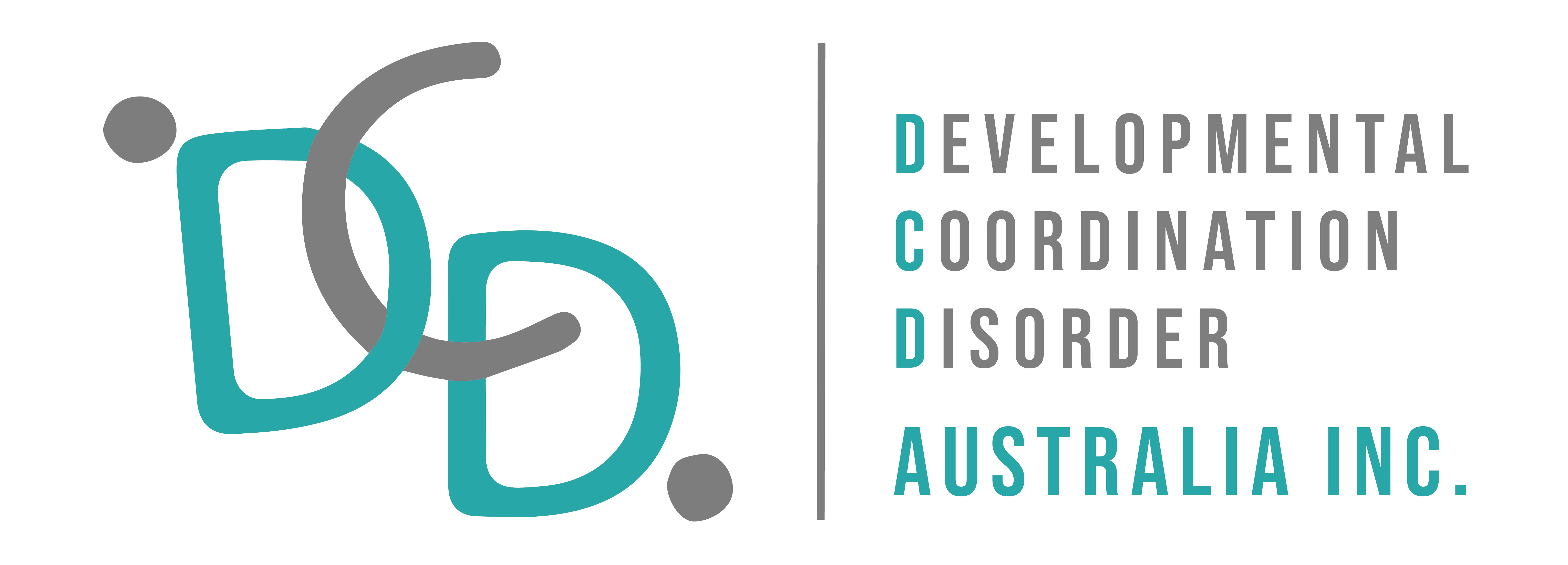We advocate for a team-based approach to the diagnosis of DCD, in line with international clinical guidelines (Blank et al., 2019). Typically, this would include, at a minimum:
1. A qualified health professional who can undertake an assessment of motor skill level (e.g. an occupational therapist, physiotherapist, neuropsychologist), and
2. A medical specialist (e.g., paediatrician), who can ensure there are no other explanations for the observed movement difficulties. A medical specialist can also work with other specialists to identify whether any other co-occurring conditions are evident.
Together, the diagnostic team can take sufficient patient history to ensure the impact and onset of any motor skill impairment meets the diagnostic guidelines.
It is important to note that DCD can be diagnosed alongside other neurodevelopmental conditions and learning disorders. DCD commonly co-occurs with speech disorders (e.g., childhood apraxia of speech), autism, ADHD, and dyslexia. Individuals presenting with these disorders should also have their motor skills evaluated.



